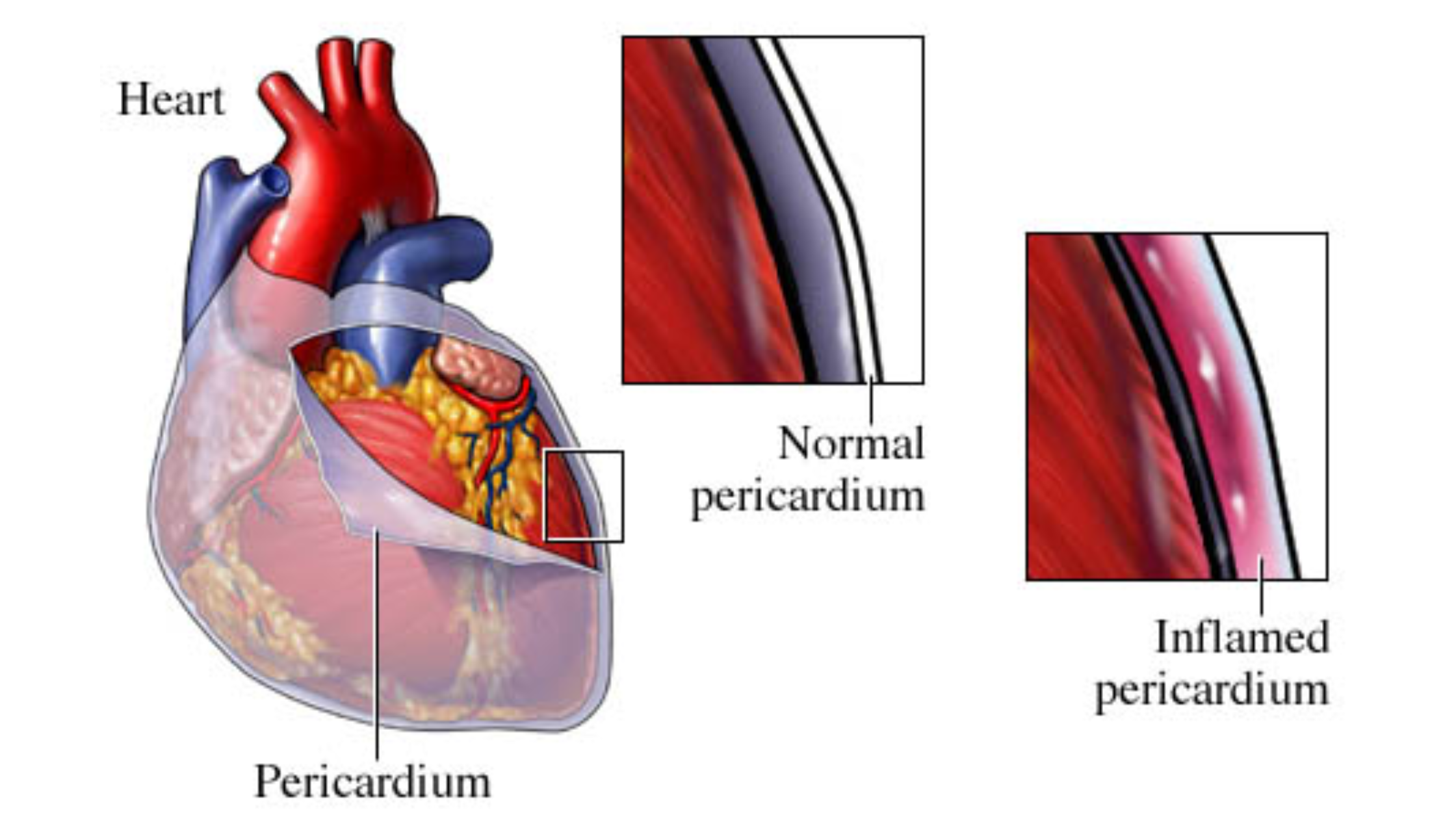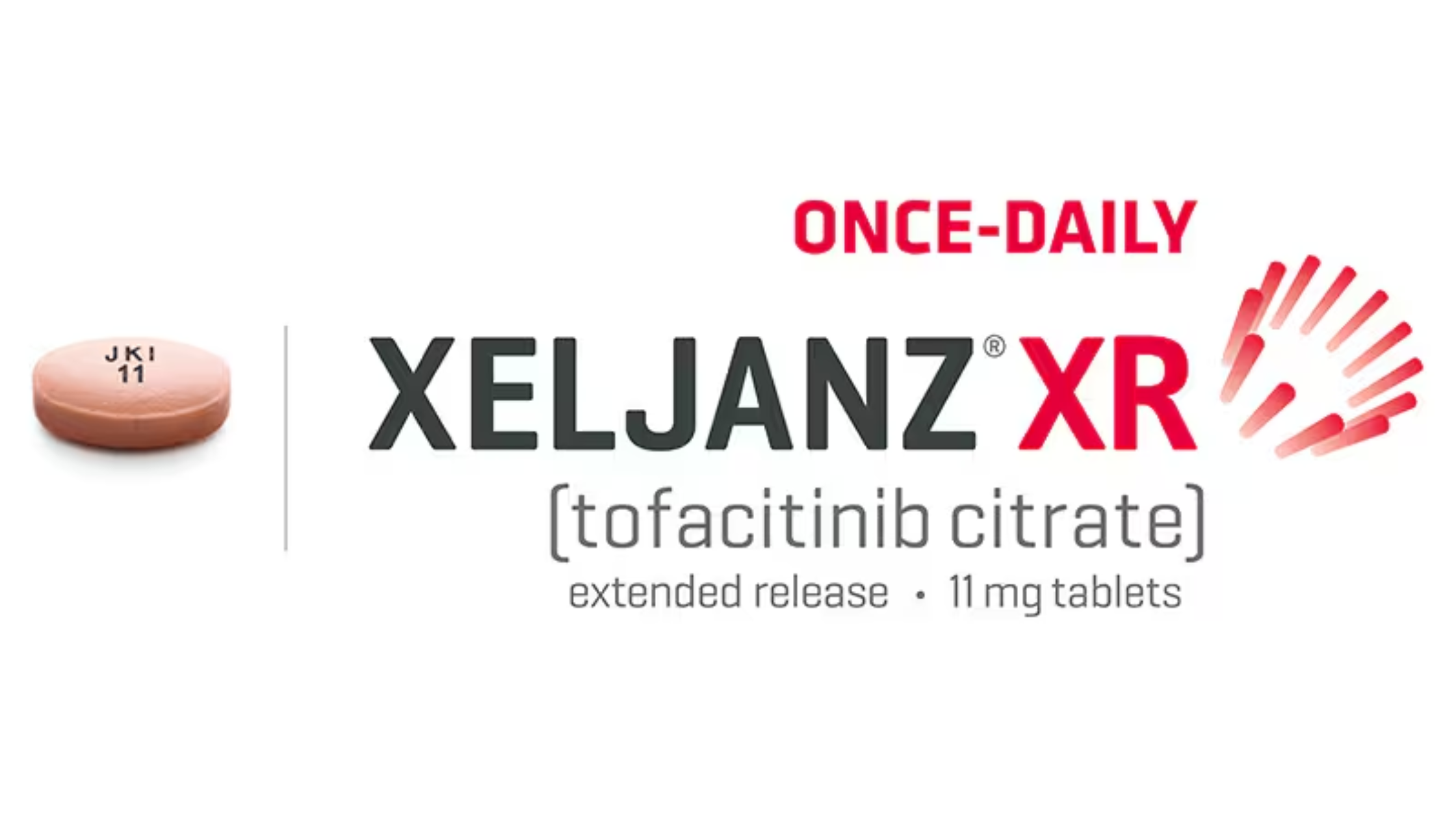Last updated on July 15th, 2025 at 10:05 am
What are neprilysin inhibitors? In this piece, you will discover everything you need to know about neprilysin inhibitors. This includes their functions, benefits, and potential side effects. Learn how these medications work and their role in treating various health conditions.
As you might know, when it comes to modern medicine, neprilysin inhibitors have emerged as a significant player in the treatment of heart failure and other conditions. But what exactly are neprilysin inhibitors, and how do they fit into the broader landscape of pharmaceutical treatments? In this comprehensive guide, I’ll walk you through the ins and outs of neprilysin inhibitors, their mechanisms of action, and their clinical applications.
What are these Neprilysin Inhibitors?
Neprilysin inhibitors are a class of drugs that block the activity of the neprilysin enzyme. To get a clearer picture of their importance, let’s start with some basics. Neprilysin is an enzyme that breaks down several peptides, including natriuretic peptides, bradykinin, and angiotensin II. By inhibiting neprilysin, these drugs can enhance the levels of these peptides in the body, which can have various therapeutic effects.
How Neprilysin Inhibitors Work
Neprilysin inhibitors work by preventing the enzyme neprilysin from breaking down specific peptides that are crucial for cardiovascular health. Here’s a closer look at how this mechanism operates in your body:
- Inhibition of Peptide Degradation: Neprilysin is responsible for the breakdown of natriuretic peptides, which help regulate blood pressure and fluid balance. By inhibiting neprilysin, these peptides remain active longer, contributing to a reduction in blood pressure and improved fluid balance.
- Enhanced Effects of Bradykinin: Bradykinin is another peptide affected by neprilysin. It plays a role in vasodilation (the widening of blood vessels). When neprilysin is inhibited, bradykinin levels increase, leading to improved blood flow and reduced blood pressure.
- Impact on Angiotensin II: Angiotensin II is a peptide involved in the regulation of blood pressure. By inhibiting neprilysin, the breakdown of angiotensin II is slowed, which can have mixed effects. However, the overall impact of neprilysin inhibitors tends to be beneficial for heart failure patients.
Clinical Applications of Neprilysin Inhibitors
Neprilysin inhibitors have been studied and utilized in various clinical settings, primarily for heart failure and other cardiovascular conditions. Let’s dive into some key applications:
Heart Failure Treatment
One of the most prominent uses of neprilysin inhibitors is in the treatment of heart failure. Drugs like sacubitril, which is often combined with an angiotensin receptor blocker (ARB) to form the drug combination known as Entresto, have been shown to improve outcomes in patients with heart failure. Here’s why:
- Reduction in Mortality: Studies have demonstrated that neprilysin inhibitors can significantly reduce mortality rates in heart failure patients. By enhancing the levels of beneficial peptides, these drugs help improve heart function and reduce symptoms.
- Improvement in Symptoms: Patients on neprilysin inhibitors often experience fewer symptoms of heart failure, such as shortness of breath and fluid retention. This improvement in quality of life is a major advantage of these medications.
- Hospitalization Rates: Neprilysin inhibitors have been associated with fewer hospitalizations due to heart failure exacerbations. This can translate to lower healthcare costs and better long-term outcomes for patients.
Other Potential Uses
While heart failure is the primary application for neprilysin inhibitors, research is ongoing into other potential uses. Some studies suggest that these drugs might be beneficial in treating conditions like chronic kidney disease and hypertension, though more research is needed to confirm these benefits.
Side Effects and Considerations
Like all medications, neprilysin inhibitors come with potential side effects and considerations. Here’s what you should be aware of:
- Hypotension: Because neprilysin inhibitors enhance the effects of peptides that cause vasodilation, they can sometimes lead to low blood pressure. Patients should be monitored regularly to ensure that blood pressure levels remain within a safe range.
- Angioedema: An uncommon but serious side effect of neprilysin inhibitors is angioedema, which is swelling of deeper layers of the skin. This condition can be life-threatening if not addressed promptly. Patients should be aware of the symptoms and seek medical attention if necessary.
- Renal Function: Neprilysin inhibitors can affect renal function, especially in patients with pre-existing kidney conditions. Regular monitoring of kidney function is recommended for those on these medications.
- Drug Interactions: Neprilysin inhibitors can interact with other medications, which may alter their effectiveness or increase the risk of side effects. Patients need to inform their healthcare providers of all the medications they are taking.
The Role of Antidotes in Neprilysin Inhibitors
While neprilysin inhibitors are generally safe and effective, it’s crucial to be aware of how to manage potential adverse effects. In some cases, an antidote or treatment to counteract severe side effects might be necessary. For example, if a patient experiences severe hypotension or angioedema, medical professionals may use specific antidotes or interventions to manage these conditions effectively.
Future Directions in Neprilysin Inhibitor Research
The field of neprilysin inhibitors is evolving rapidly, with ongoing research exploring new applications and improvements. Some areas of focus include:
- Combination Therapies: Researchers are investigating how neprilysin inhibitors can be used in combination with other drugs to enhance their efficacy and reduce side effects.
- New Drug Development: Advances in drug development may lead to new neprilysin inhibitors with improved safety profiles and greater effectiveness.
- Expanded Indications: As research progresses, neprilysin inhibitors may be found to be useful in treating additional conditions beyond heart failure, potentially revolutionizing the management of several chronic diseases.
Neprilysin inhibitors are a crucial class of medications with significant implications for treating heart failure and potentially other conditions. By understanding how they work, their benefits, and potential side effects, patients and healthcare providers can make informed decisions about their use. As research continues, we can look forward to even more exciting developments in this field.
Whether you’re a patient, caregiver, or healthcare professional, staying informed about neprilysin inhibitors and their role in modern medicine is essential. If you have any questions or concerns about these medications, always consult with your healthcare provider for personalized advice and guidance. For more information on managing health, visit Medical Antidote.



